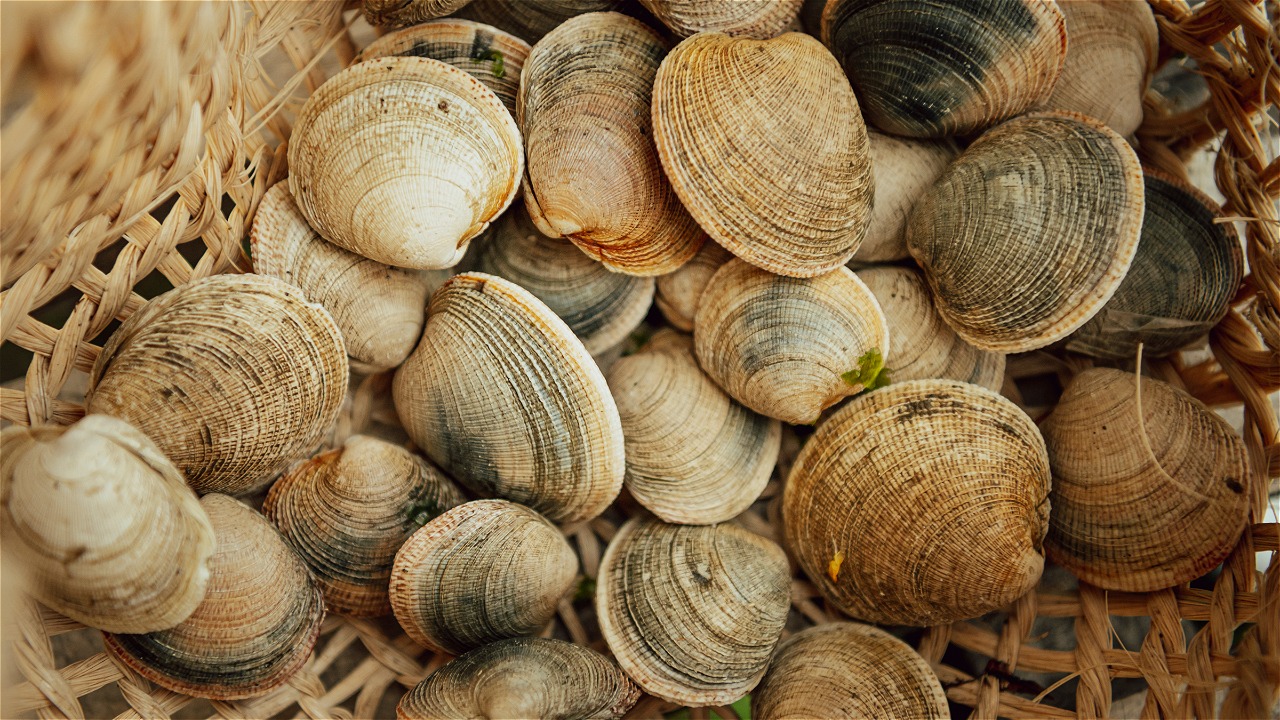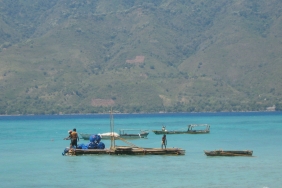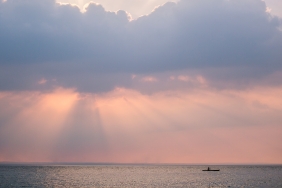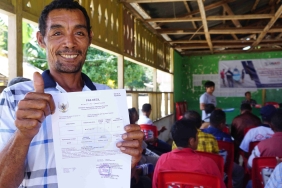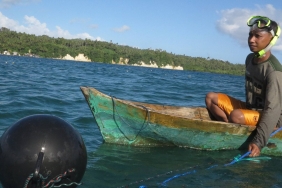NATIONAL FISHERMEN'S DAY, WWF ENCOURAGES USE OF SEAFOOD ADVISOR TO CHOOSE SEAFOOD
Jakarta April 6, 2016- The high demand for various types of marine fish such as snapper, tuna, baronang, crab, shrimp and lobster has made some fishermen do everything possible to obtain these marine resources in large quantities. Destructive fishing practices are practiced, for example by using cyanide explosives, or using fishing gear that is not environmentally friendly. Such fishing methods not only damage fish resources and marine ecosystems, but also have an impact on the nutritional content of the fish consumed, especially when caught using poisons.
In commemoration of the National Fishermen's Day which falls on this day, WWF-Indonesia launched the latest version of the Seafood Guide in the form of an android-based application entitled Seafood Advisor. This application can be downloaded on Google Play for free starting today.
"WWF-Indonesia's seafood guide provides guidance on how to choose seafood wisely, so that seafood lovers can reduce the negative impacts on the sustainability of fish resources and marine ecosystems. It also supports fishermen who practice better and environmentally friendly fishing practices," said WWF Indonesia Coral Triangle Program Director Wawan Ridwan at the launch of the guide at Ocha & Bella Resto, Jakarta. "WWF supports KKP's program to improve fisheries practices that are more environmentally friendly as a priority for fisheries production for domestic consumption," he added.
Data on the calculation of fish consumption figures based on National Socio-Economic Survey (Susenas) of the Central Bureau of Statistics shows that Indonesian people's fish consumption in 2015 reached 41.11 kilograms per capita per year.
Fishing practices need to be carried out with sustainable principles to ensure that fish resource stocks are maintained, so that per capita consumption levels can continue to increase. In supporting the improvement of the fisheries sector, WWF-Indonesia has developed and socialized a series of Sustainable Fisheries BMP (Better Management Practices) documents to entrepreneurs and fishermen in its working areas. These guidelines aim to assist fishermen in catching biota in an environmentally friendly and sustainable manner, including the process of handling and packaging. In addition, WWF is also working with JARING Nusantara to expand its reach in improving small-scale fisheries.
WWF's Living Blue Planet Report released in September 2015 stated that the condition of marine ecosystems and fish resources has continued to decline in recent decades. A joint and global commitment is needed, from policy authorities, businesses, as well as the wider community to ensure that marine and fisheries resources are managed responsibly and sustainably.
-o0o-
For more information, please contact:
Dwi Aryo Tjiptohandono, Marine and Fisheries Campaign Coordinator, WWF Indonesia
Email: daryo@wwf.or.id, Hp: +62 811 480 334
Abdullah Habibi, Capture and Aquaculture Fisheries Improvement Manager, WWF Indonesia
Email: ahabibi@wwf.or.id, Hp: +62 811 8114193
Note to Editor:
- WWF Sustainable Fisheries BMPs (Better Management Practices) were developed based on WWF-Indonesia's fisheries team's learning with fishermen and farmers in WWF-Indonesia's working areas. These BMPs also refer to the principles of sustainable fisheries certification supported by WWF, namely the Aquaculture Stewardship Council (ASC) for aquaculture and the Marine Stewardship Council (MSC) for capture and bycatch fisheries. Visit http://www.wwf.or.id/berita_fakta/publications/
- JARING Nusantara is a network of non-governmental organizations and fishermen or aquaculture groups concerned with the sustainability of fisheries resources and the health of marine ecosystems. This network was formed in February 2013 and facilitated by WWF-Indonesia. Visit www.jaringnusantara.net
For more information on the Seafood Guide and to download the Seafood Advisor app, visit www.wwf.or.id/seafoodguide.

